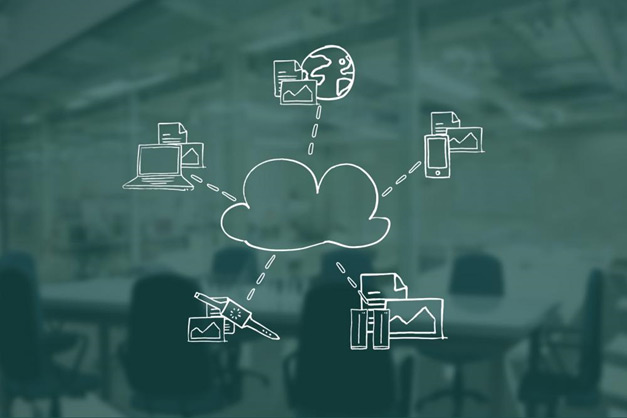QuickBooks is one of the most trusted and reliable accounting software in the market. With around 2.55 million users worldwide, many businesses rely on this exquisite accounting software. QuickBooks hosting gives a major boost to an organization’s overall accounting functions. It leverages a company’s performance through cost-cutting, time-saving, and effective collaboration within the team, among other benefits. It also enhances the security and accessibility of QuickBooks software.
QuickBooks comes with a wide range of features and tools that are easy to use. They make this unique accounting software an essential tool for businesses. When you use QuickBooks through the cloud, it offers different businesses an array of opportunities to use and benefit from its excellent characteristics.
Despite various benefits, QuickBooks Desktop’s image is clouded with different myths that stop some companies from using it. In this post, we highlight six myths and debunk them with facts to clear common misconceptions.
Myth 1: QuickBooks Hosting is Expensive
It’s one of the most ubiquitous myths among people with regard to QuickBooks. Many people believe that using hosting software using the cloud is a pricey endeavor, and only big brands can afford to do that. There’s no truth in this. Cloud hosting is the best low-cost way of managing a business. If we add a hosting software like QuickBooks, the cloud also acts as an effective economic tool.
When you choose QuickBooks hosting, you only have a low monthly fee that depends on your selected plan. It also allows you to degrade or upgrade your hosting plan within minutes — any time you want.
Myth 2: QuickBooks Hosting Doesn’t Provide Data Security
This myth keeps businesses at bay when it comes to reaping the amazing benefits of web hosting. Organizations that work with sensitive client information or accounting data want to ensure that they protect their data. Thinking that QuickBooks hosting isn’t secure — because it functions through the cloud — acts as a barrier to a business’s growth.
With increased awareness about cybersecurity and the ever-evolving technology industry, QuickBooks hosting is one of the safest channels. It means that your cloud service provider will ensure that your data is free from hackers and viruses, leaving you without a worry about your confidential data.
Myth 3: QuickBooks Hosting Requires You to Have Technical Skills
It’s a false assumption. QuickBooks is one of the most practical, feasible, and user-friendly accounting software available for businesses. Incorporating it in your business activities doesn’t require you to have any prior technical knowledge regarding cloud-based operations and web hosting. Therefore, don’t be reluctant to make a shift, as you don’t need any technical training or expertise to manage it.
Myth 4: You Cannot Customize QuickBooks Hosting
Many people think that once they begin to use cloud hosting, it won’t let them customize their accounting functions as per their business’s needs. In reality, customizability and flexibility are two of the crucial unique selling points of web hosting. You can entirely customize your cloud-based QuickBooks as the software was designed with the user in mind. To further boost your functions, you can add QuickBooks applications quickly.
Myth 5: It’s Troublesome to Host QuickBooks
People are reluctant to shift to QuickBooks cloud hosting because they think it’ll cause serious trouble in their business functions. But it’s a presumption. A major benefit of opting for QuickBooks hosting is that it comes with an expert technical team that can help you manage and deal with each and every issue pertaining to your business processes. On account of encountering technical glitches during the work, you can contact the tech team, and your issue will be resolved quickly.
Myth 6: There’s One Cloud
Many people assume that there’s just one public cloud and every business is present on it, making it easy for cyber attackers to break into someone’s sensitive data. But in reality, there isn’t just one cloud.
A private cloud is an accessible cloud system built on an organization’s infrastructure, and only a single client can operate it.
Hybrid Cloud is an amalgamation of in-house and outsourced cloud services. These are integrated into a service that uses both public and private clouds to perform specific and distinct functions within an organization.
You can choose any type of cloud that fits the needs of your business. You can also choose to go for a combination of clouds for added benefits.




